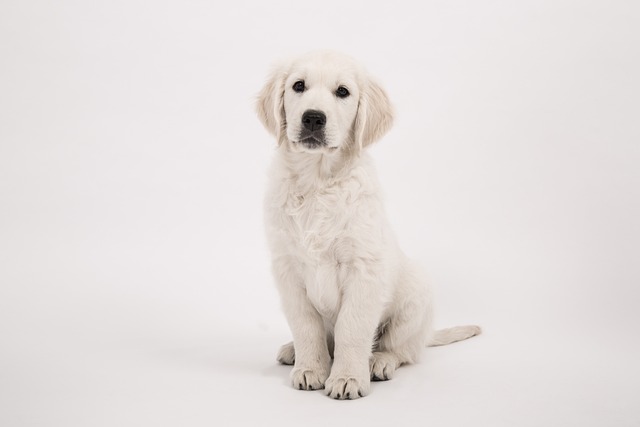
How do i train my dog to be obedient?
Watching your dog dart across the park ignoring your calls isn’t just frustrating—it can put them at risk near busy streets or public spaces.
Start with a soft, rubber toy your golden retriever puppy loves—something easy for their small mouth to grip, like a squeaky ball or plush dummy. Sit on the grass in your backyard, a space where they feel safe, and toss the toy just a few feet. Most golden puppies will run after it out of curiosity—when they pick it up, clap and call their name in an excited tone. This positive reinforcement helps them link bringing the toy back to praise, a key part of fetch training.
Always keep training sessions short—10 to 15 minutes max—since golden puppies have short attention spans. If your puppy drops the toy halfway back, don’t chase them. Instead, hold up a tiny treat and wait. They’ll likely come over to see what you have, and when they do, gently guide them to drop the toy near your feet before giving the treat. This teaches them the “drop it” cue, which is just as important as fetching, especially for safety later on.
 Remember to check local rules before training in public parks. Many areas in the US and Europe require puppies to have all their vaccinations before being around other dogs, and some parks have specific off-leash hours for training. It’s also smart to keep a copy of your puppy’s vaccine records handy—this keeps you compliant with local animal control laws and helps other dog owners feel at ease if you’re training in shared spaces. Following these rules not only keeps your puppy safe but also builds good relationships with other pet owners in your community.
Remember to check local rules before training in public parks. Many areas in the US and Europe require puppies to have all their vaccinations before being around other dogs, and some parks have specific off-leash hours for training. It’s also smart to keep a copy of your puppy’s vaccine records handy—this keeps you compliant with local animal control laws and helps other dog owners feel at ease if you’re training in shared spaces. Following these rules not only keeps your puppy safe but also builds good relationships with other pet owners in your community.
As your puppy gets better at fetch, slowly increase the distance you toss the toy. Try throwing it near a bush or a low tree stump—goldens love using their noses, so a little challenge keeps them engaged. If they lose interest, switch to a different toy; some days they might prefer a frisbee over a ball, and letting them choose keeps training fun. Avoid scolding if they don’t bring the toy back—golden retrievers are sensitive, and negative feedback can make them afraid to participate. Patience here goes a long way in building a strong bond through play.
By the time your golden retriever is 6 to 8 months old, fetch should feel like second nature—but keep practicing regularly. It’s a great way to burn off their energy, especially on days when you can’t go for a long walk. Plus, fetch strengthens the trust between you and your puppy, turning a simple game into a chance to connect. Just always make sure the toys you use are the right size and that you’re following any new local pet laws that pop up—staying compliant and keeping training positive will make fetch a favorite activity for years to come.

Watching your dog dart across the park ignoring your calls isn’t just frustrating—it can put them at risk near busy streets or public spaces.

New puppy owners often find themselves rushing to clean up accidents before they set in, and that’s where puppy pad training becomes a game-changer.

If you've noticed your dog's waistline disappearing and your veterinarian has mentioned those few extra pounds, your first instinct might be to simply reduce the amount of food in their bowl.

Training a dog to use a designated spot indoors isn’t as daunting as many new owners fear, but it does take consistency and an understanding of your pet’s needs.

That moment of dread on a walk is all too familiar for many new dog owners. You see another dog approaching down the sidewalk of your neighborhood

If the sight of another dog on your neighborhood walk makes your heart sink as your own dog erupts into a frenzy of barking and lunging, you're not alone.